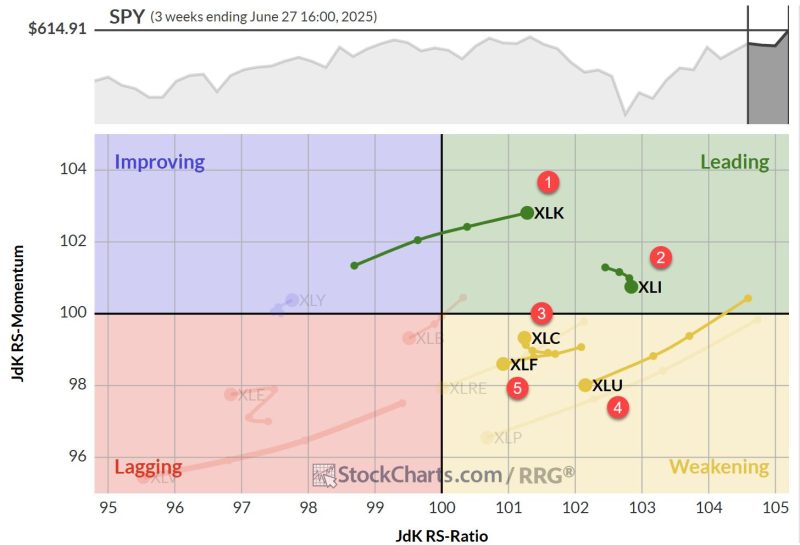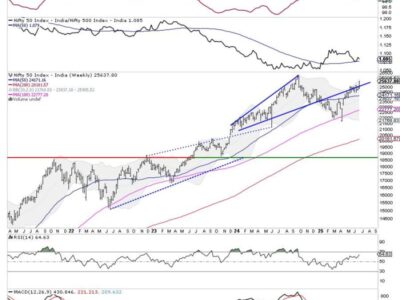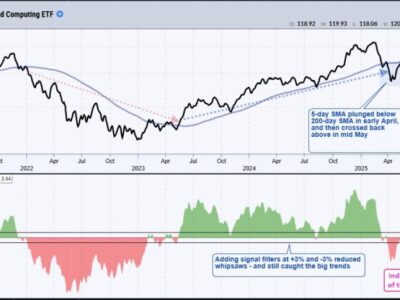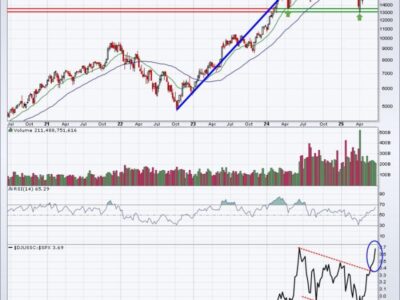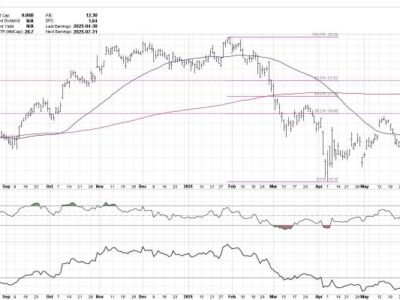
A civil society might require police, but a free society requires they be accountable for wrongdoing while on the job. Too often, though, the doctrine of qualified immunity protects officers who exceed their authority, such as by arresting citizens who criticize them despite that speech being protected by the First Amendment. Happily, the Tenth Circuit Court of Appeals recently denied summary judgment based on qualified immunity in just that circumstance. A unanimous panel, speaking through Judge David M. Ebel, took the step of finding an officer’s conduct to not only violate the Constitution, but also to be unprotected by qualified immunity.
John Jordan’s nephew, J.J., had a car accident while driving Jordan’s company truck. Jordan went to the scene to help. While officers questioned J.J., Jordan kept his distance and watched, but eventually grew annoyed with the way the officers were questioning J.J. He asked the officers if they were “taking a statement or…giving a statement.” The officers did not like their authority being questioned, and, after a brief verbal exchange, one of the officers forcibly arrested Jordan, whose face was pressed into the ground during the arrest. (Like the opinion, I am giving Jordan’s version, because that’s the relevant version at this stage.) Jordan was charged with obstruction of justice and resisting arrest, but the charges were dropped.
Jordan sued for unlawful arrest, malicious prosecution, excessive force, and violation of religious freedom, under 42 U.S.C. § 1983. A magistrate judge held the officers were protected by qualified immunity for the first three claims but not the fourth. The Tenth Circuit reversed on all three, holding the officers not entitled to qualified immunity.
The Court first held that there was no probable cause because Jordan had a First Amendment right to criticize. “[T]he First Amendment does not protect only quiet and respectful behavior towards police; it protects loud criticism that may annoy or distract the officer.” Based on Supreme Court caselaw, this was not a close question. Since the behavior was constitutionally protected, there was no probable cause for the arrest.
Next, it found that the officers violated clearly established law because there was not even arguable probable cause. The Supreme Court had clearly established just the right at issue. It also held, citing a Tenth Circuit case, that speech protected by the First Amendment cannot be the basis for probable cause. Then it found that Jordan’s speech was within the bounds of clearly established First Amendment law. Therefore, “no reasonable officer could have believed they had arguable probable cause for arrest.” So there was no qualified immunity for the unlawful arrest charge.
The magistrate’s only basis for finding qualified immunity for the malicious prosecution charge was the conclusion that the officers had probable cause, so the Court reversed this holding as well.
Finally, the Court held that the force applied was unconstitutionally excessive because the alleged crime was minor, there was no threat to the safety of the officers or others, and Jordan was not actively resisting arrest or attempting to flee (indeed, he was attempting to remain). It then held that the excessive force violation was one of clearly established law, citing to its prior caselaw establishing that physical force similar to that used here was unlawful when “the arrestee poses no threat, puts up no resistance, and does not attempt to flee.”
The Court was correct to hold the officers accountable for their abuse of power. Such pushback against the all‐too‐common grant of qualified immunity is welcome. Even more welcome would be a rethinking of this atextualist doctrine the Supreme Court has read into § 1983, or the passing of new legislation by Congress to do away with it.

